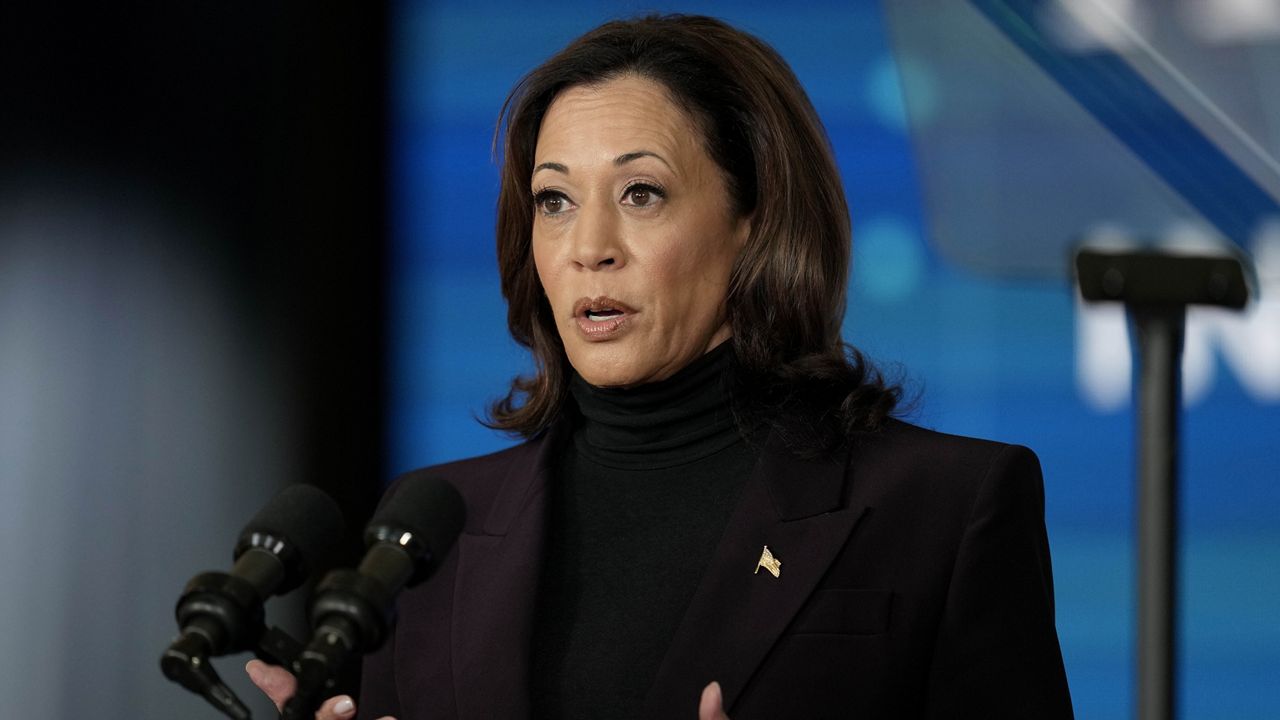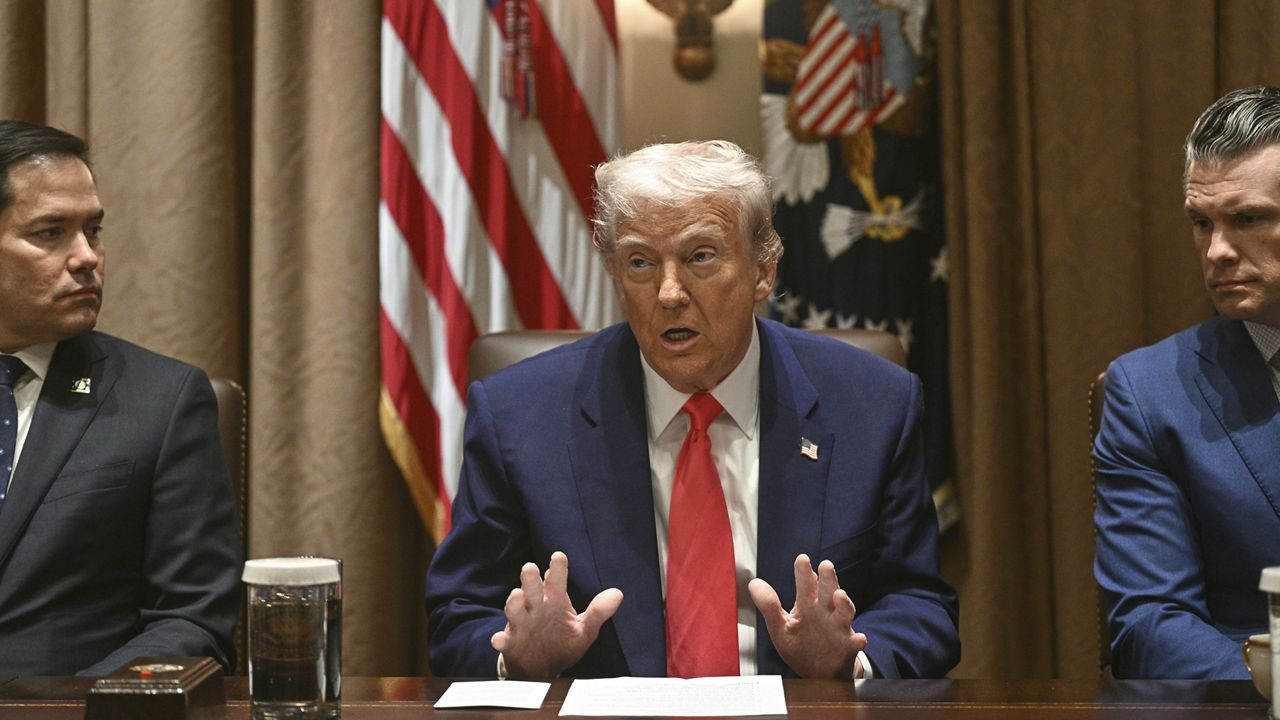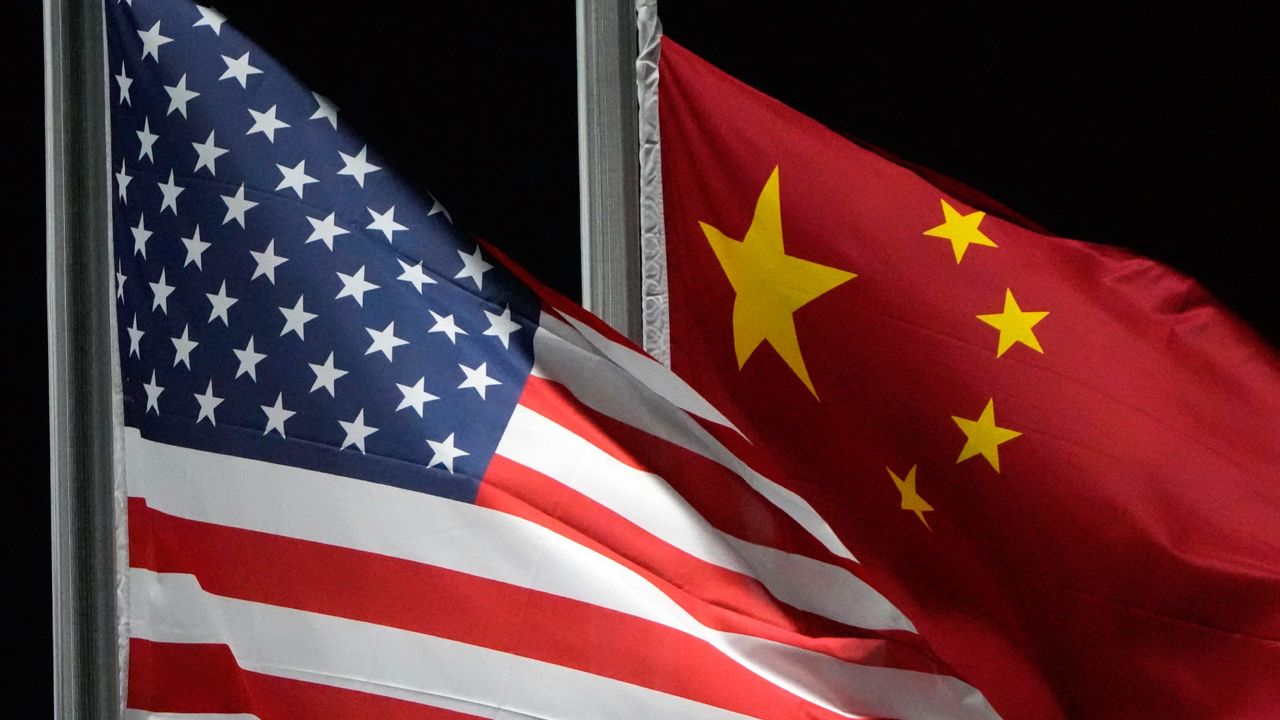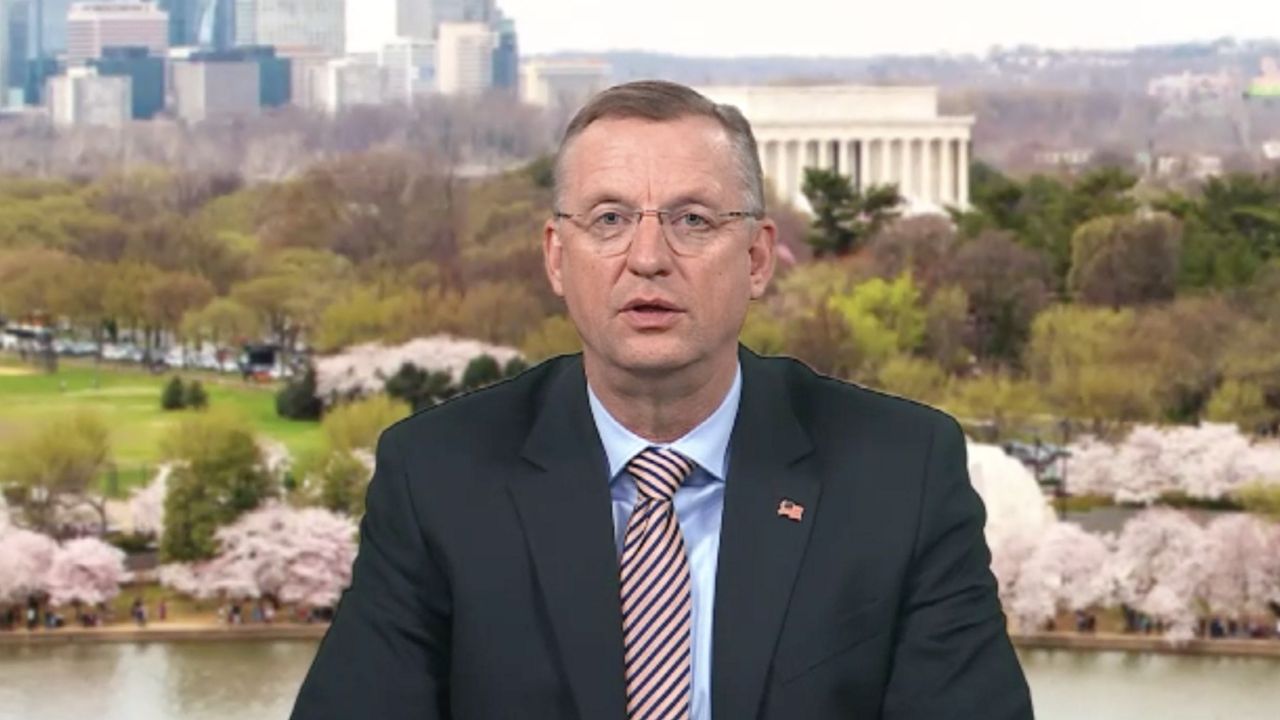Fresh off the long-awaited reveal of the Biden administration’s executive order seeking to regulate artificial intelligence, Vice President Kamala Harris stressed the urgency of addressing the emergency technology on the global stage while in the U.K. on Wednesday.
“I believe history will show that this was the moment when we had the opportunity to lay the groundwork for the future of AI. And the urgency of this moment must then compel us to create a collective vision of what this future must be,” Harris said while delivering remarks at the U.S. Embassy in London.
The vice president traveled to London to attend U.K. Prime Minister Rishi Sunak’s Global Summit on AI Safety, as the rapidly evolving field continues to receive heightened attention in Washington.The summit, which Harris will attend on Thursday, is being held at Bletchley Park – a historic country estate frequented by codebreakers during World War II.
Building on the White House’s recent actions, Harris announced new steps the administration is taking, including creating the AI Safety Institute through the Department of Commerce that will develop tools and benchmarks for mitigating the dangers of AI and collaborate with other international institutions such as Britain’s AI Safety Institute. The administration is also releasing the first draft of guidelines for the federal government’s use of the technology, which Harris said is aimed at ensuring it “advances the public interest.”
“We intend that these domestic AI policies will serve as a model for global policy,” the vice president said, “understanding that AI developed in one nation can impact the lives and livelihoods of billions of people around the world.”
Harris sought to position the U.S. as a world leader on the topic, noting she and Biden released their AI Bill of Rights a year ago, while pledging to work with allies and partners to implement and develop “international rules and norms.”
“Fundamentally, it is our belief that technology with global impact deserves global action,” Harris said. “And so to provide order and stability in the midst of global technological change, I firmly believe that we must be guided by a common set of understandings among nations.”
The administration also announced Wednesday that 31 nations endorsed the U.S.’s declaration on responsible military use of AI and 10 foundations are committing $200 million to support the development of AI in the public’s interest.
The vice president echoed the president’s frequent warnings about both the immense promise and dire risks emerging technologies can bring. Harris noted AI has the potential to help treat and cure diseases, improve agricultural production, address food insecurity and more, while enabling cyber attacks, aiding in the development of biological weapons and leading to individual harms in people’s lives at the same time.
“These threats are often referred to as the existential threats of AI, because, of course, they could endanger the very existence of humanity,” she said. “These threats without question are profound, and they demand global action.”
Biden’s extensive action signed Monday directs agencies, stretching across the breadth of the federal government, to use their existing regulatory powers to mandate new requirements for AI companies in the absence of Congress sending new laws to Biden’s desk, something the president has hoped for but not gotten.
White House Deputy Chief of Staff Bruce Reed described the order as part of “an aggressive strategy to do everything on all fronts to harness the benefits of AI and mitigate the risks.”
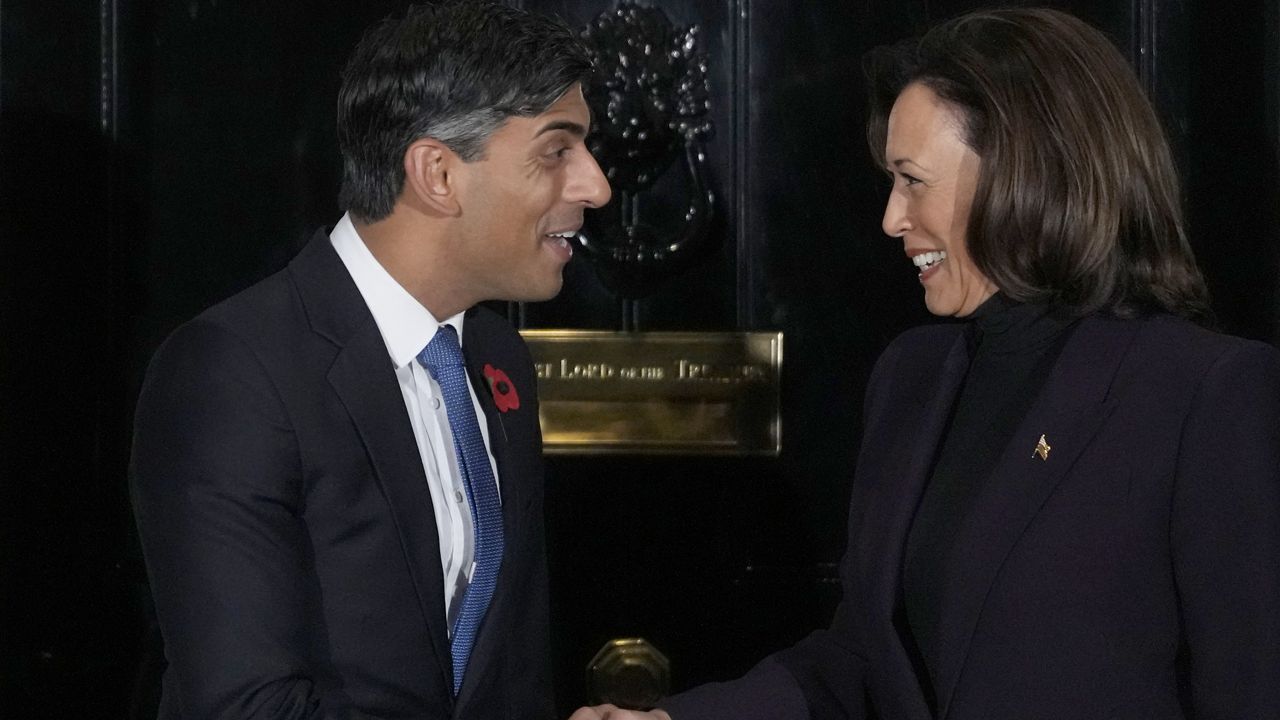
Harris was met by Sunak at 10 Downing Street before the two sat down for a meeting following her remarks on Wednesday.
Sunak is looking to cement the U.K. as a leading player in AI on the world stage. Biden and Sunak pledged to cooperate on the emerging technology during the prime minister’s White House visit in June.
AI has received increased emphasis in Washington over the last year, heightened by testimony at a Senate hearing in May from Sam Altman, the CEO of OpenAI, which developed ChatGPT. Since then, lawmakers have grappled with whether or how much to regulate the growing field.
This summer, the president secured commitments from more than a dozen technology companies, including some of the biggest names in the field, to follow a set of voluntary safeguards when developing the technology.
Those include steps to ensure the products are safe before introducing them to the public, investing in cybersecurity, reporting vulnerabilities in systems and seeking to earn people’s trust by implementing things such as a watermarking system and publicly releasing reports.
Spectrum News' Joseph Konig contributed to this report




